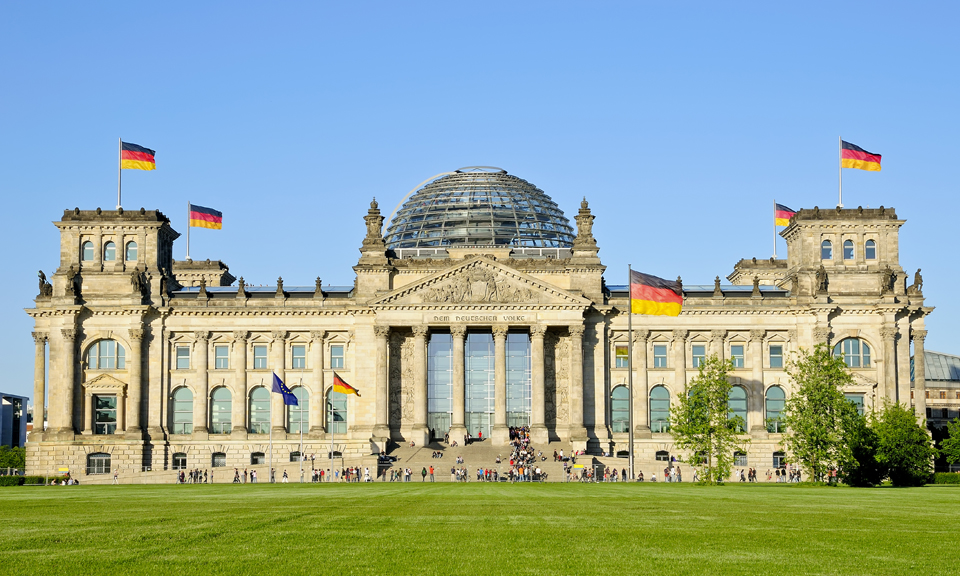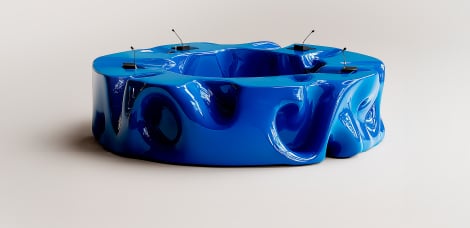On December 17, Angela Merkel was elected as German Chancellor for the third time. After almost three months of waiting, the coalition was formed between Christian Democratic Union (CDU) of Chancellor Angela Merkel, her Bavarian ally (CSU) and the Social Democratic Party (SPD). On December 14, the members of the German Social Democratic Party (SPD) agreed to govern with CDU through a binding consultation.
The new administration must lead the European Union which still seeks to overcome the economic crisis. There are several pending issues that need to be addressed, such as the banking union, the new mutualized bank rescue fund or the Eurobonds. The attitude of the Chancellor during the inauguration speech has been clearly pro-Europe, but stressing the need to maintain a tight tax policy and a program of thorough reforms.
The Ministry of Foreign Affairs, as usually occurs in this kind of alliances, will be led by the partner of the Government. Frank-Walter Steinmeier, member of SPD, will head this Ministry and, thus, coordinate the relations with the European Union.
This report, drafted with the collaboration of the President of the Association Friends of Spain in Germany, analyzes the keys of the new Cabinet and its consequences for the future of the European Union.
Joan Navarro, Partner and Vice-President of Public Affairs in LLORENTE & CUENCA



